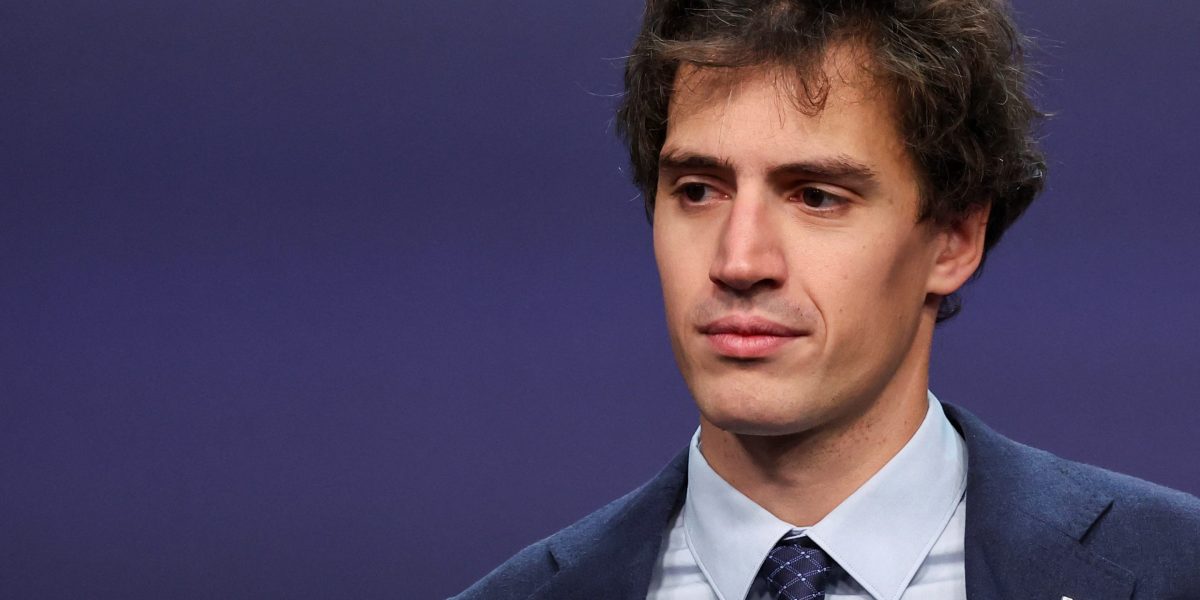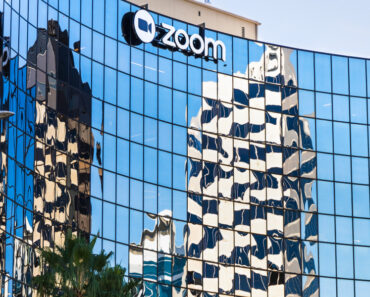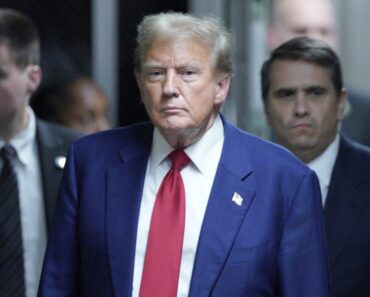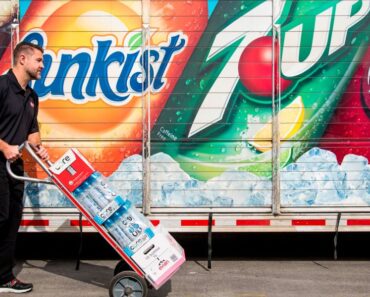This post was originally published on this site
https://fortune.com/img-assets/wp-content/uploads/2024/04/GettyImages-1760026145-e1712920576881.jpg?w=2048
Tech’s biggest CEOs from Elon Musk to Sam Altman are sounding the alarm on an apparent inevitability: AI is going to be smarter than you very soon. But the fresh-faced boss of an upstart French challenger to OpenAI thinks ominous warnings of artificial superintelligence could be down to a misguided God complex.
Speaking to the New York Times, Mistral AI CEO Arthur Mensch described the clamor among tech’s biggest names to declare AI’s supremacy over humans as being driven by a “very religious” fascination.
Is AGI a myth?
The proliferation of AI in such a short period has stunned onlookers, sending eye-popping amounts of investment into companies leveraging the technology which is predicted to fundamentally change how we work.
But it has also brought more lofty predictions, including the arrival of Artificial General Intelligence (AGI) which allows AI to perform tasks as well as or better than humans.
In an interview on Twitter/X earlier this week, Elon Musk said this milestone was likely just around the corner.
“My guess is that we’ll have AI that is smarter than any one human probably around the end of next year,” Musk told Nicolai Tangen, CEO of Norges Bank Investment Management.
He said that within five years, the technology would be smarter than every human on earth.
Musk’s predictions, specifically on areas where he has financial interests, should be taken with a pinch of salt.
But he is just one of several CEOs harking the prospect of AI superintelligence.
When asked at the World Economic Forum in January what the core competency of humans was relative to AI, OpenAI boss Sam Altman was unable to come up with a convincing answer.
“I admit it does feel different this time. General purpose cognition feels so close to what we all treasure about humanity that it does feel different,” Altman said.
Geoffrey Hinton, a former Google employee and the so-called “Godfather of AI,” has long predicted that the technology will outsmart humans as part of a wider doomsday scenario around AI.
Even Demis Hassabis, the boss of Mensch’s former employer, Google’s DeepMind, thinks AGI is only a few years away.
However, Mensch, whose startup is making waves on both sides of the Atlantic, isn’t convinced that AGI will become a reality.
“The whole AGI rhetoric is about creating God,” Mensch told the NYT. “I don’t believe in God. I’m a strong atheist. So I don’t believe in AGI.”
Mistral coming for early leaders
Mensch also called for a light touch to regulations in Europe, which might explain some of the CEO’s motivations to dismiss AI’s more concerning potential.
But while Mensch’s confessed atheism also makes him less of an acolyte for the capabilities of AI to outwit humans, he does see the technology fundamentally changing how workers do their jobs.
Indeed, he thinks it will create an unprecedented urgency for those workers to retrain.
“It’s coming faster than in the previous revolutions,” he said, “not in 10 years but more like in two.”
Mensch, who is 31, worked as an engineer at Google’s DeepMind lab in Paris just 18 months ago.
He was inspired to start Mistral alongside co-founders and former Meta engineers Timothée Lacroix and Guillaume Lample after the launch of OpenAI’s ChatGPT gave him the idea to create a similar model for the French market, soon creating “Le Chat.”
Since launching Mistral, the group has been swarmed by investors who believe the platform is a real European challenger to early leaders across the pond like OpenAI and Google.
The group managed to raise $113 million just a month after it was launched in a seed round, taking advantage of massive hype around AI that was fomenting last Summer.
At the time, Mistral hadn’t developed its first product and had only just started hiring staff.
In February, Microsoft announced a partnership with Mistral that could lessen its dependence on OpenAI.
Mensch told the NYT that it wasn’t safe to trust competitors in the U.S. to set appropriate ground rules around the use of AI, and a “European champion” like Mistral was required to level the playing field.





